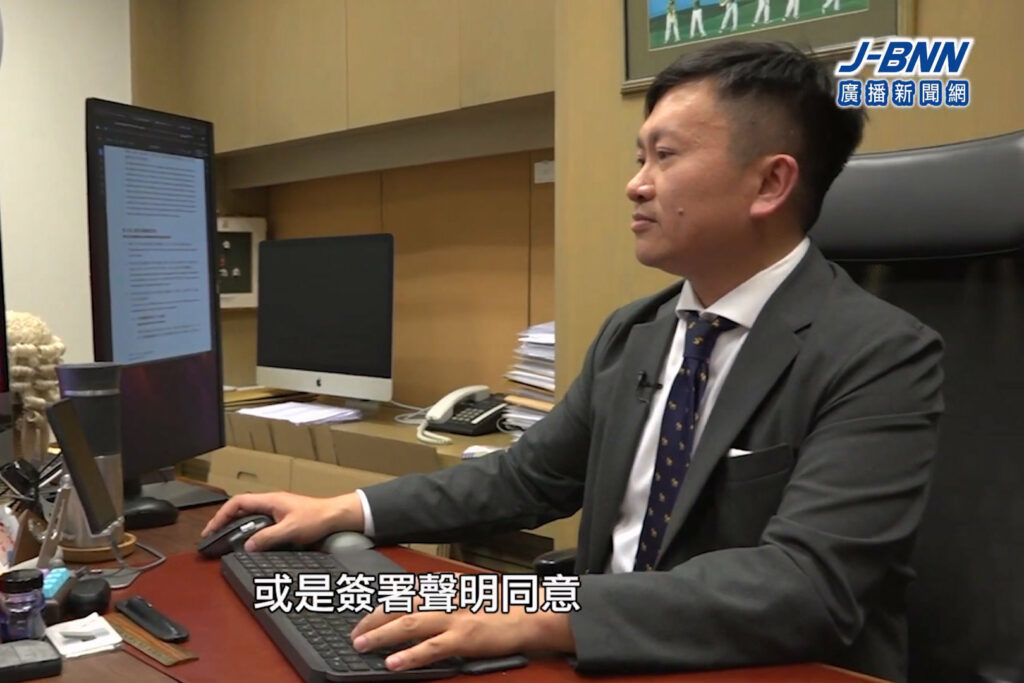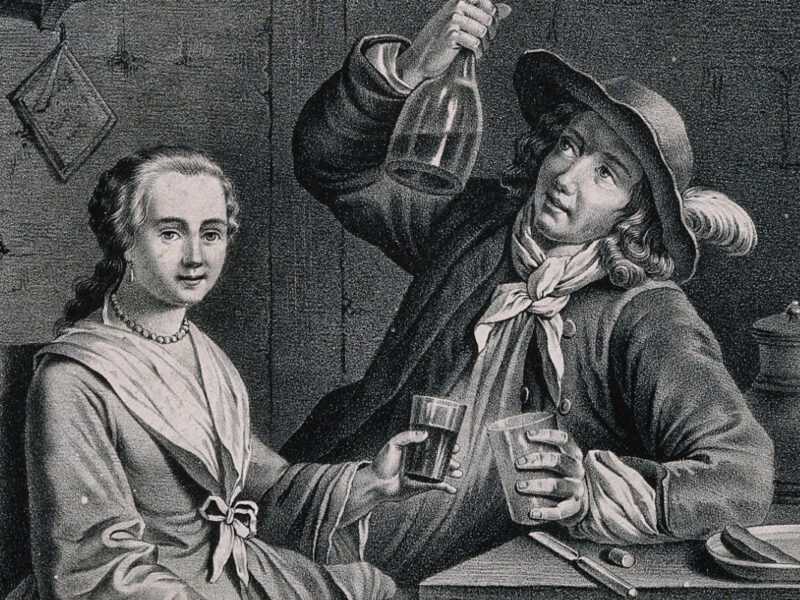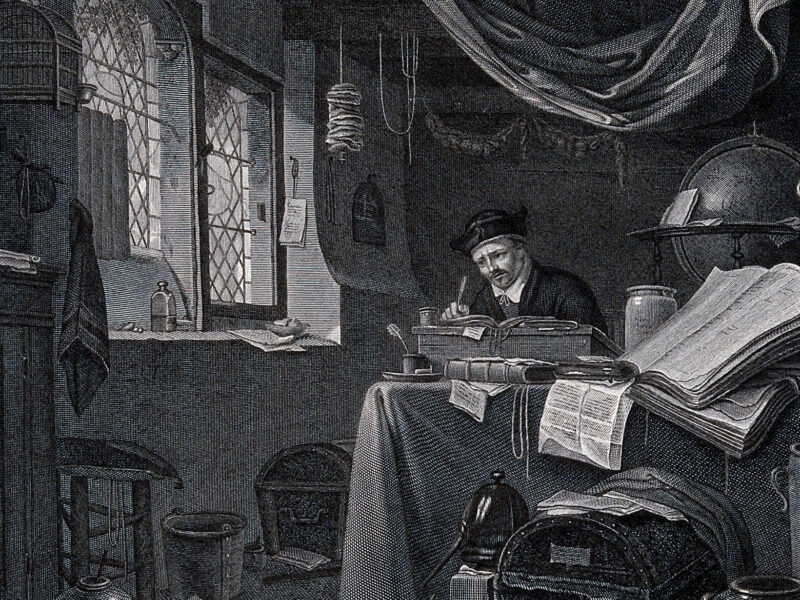Mr Gordon Chan discussed the new Government measures to tighten the cat trade in Hong Kong in an interview with Broadcast News Network, an online media run by journalism students from HKBU.

Effective 1 April 2024, the Agriculture, Fisheries and Conservation Department (AFCD) has introduced new Licence Conditions and a Code of Practice for cat trading. This landmark change, designed to curb illegal smuggling, mandates that all cats, not just dogs, must be microchipped. This measure is a significant step towards ensuring the traceability and accountability of cat trading in Hong Kong. Furthermore, these cats must be vaccinated by a registered veterinary surgeon.
These new conditions are important safeguards that protect both the pet and the owner by strengthening the traceability and health requirements of cats. These measures are backed by criminal offences.
Unlicensed trading of animals is an offence under r 4 of the Public Health (Animals and Birds) (Trading and Breeding) Regulations (Cap 139B), and offenders are liable to a level 6 ($100,000) fine. Breach of licencing conditions would attract a maximum fine at level 5 ($50,000) under r 13. This would include the sale of unchipped cats.
Note that the illegal import of animals into Hong Kong is more serious. Under the r 11 of the Rabies Regulation (Cap 421A), offenders are liable to a fine of $50,000 and imprisonment for 1 year.
The AFCD had a comprehensive theme page on pets, covering the many aspects of pet ownership and care.
To avoid the tragedy of getting a sick pet, one should only purchase from a licenced animal trader. While one may prefer adopting a cat, beware of “adoption outlets” that are unlicensed shops that ask for an “adoption fee” or “donation” in disguise.
Gordon Chan, Esq
Barrister-at-law, Archbold Hong Kong Editor on Public Health, and Member of the Bar Association's Committee on Criminal Law and Procedure. Specialised in medical, technology and criminal law.



